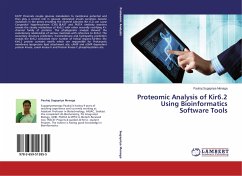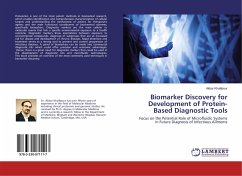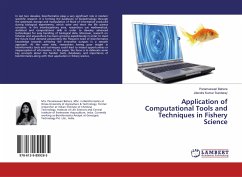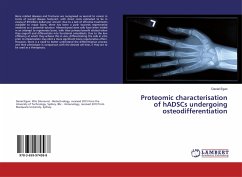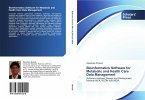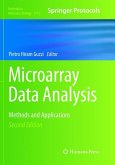KATP Channels couple glucose metabolism to membrane potential and thus play a central role in glucose stimulated insulin secretion. Genetic mutations in the genes encoding the channel subunits (Kir 6.2) can cause Congenital Hyperinsulinism (CHI). BLAST and FASTA similarity searches reveals the closely relatedness of Kir6.2 with other inwardly rectifying K+ channel family of proteins. The phylogenetic analysis showed the evolutionary relationship of various mammals with reference to Kir6.2. The secondary structure prediction, Tranmembrane and hydropathy prediction reveals the Kir6.2 contained more number of helical regions.Further, the Kir6.2 protein contains motifs which are responsible for Prokaryotic membrane lipoprotein lipid attachment site, cAMP and cGMP dependent protein kinase, casein kinase II and Protein Kinase C phosphorylation site.
Bitte wählen Sie Ihr Anliegen aus.
Rechnungen
Retourenschein anfordern
Bestellstatus
Storno

